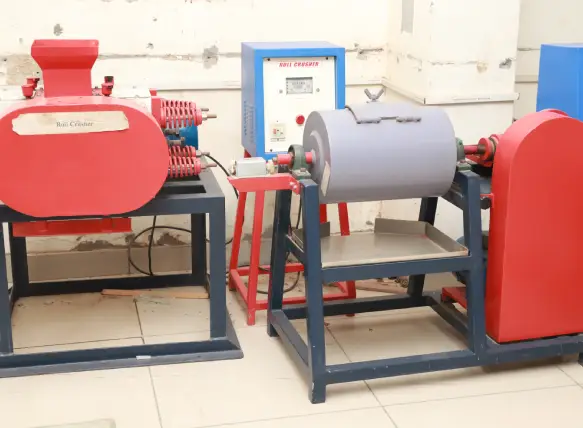
The Geotechnical Engineering Lab focuses on the study of soil mechanics and foundation engineering. Equipped with state-of-the-art devices for soil sampling, classification, and testing, this lab allows students to perform a range of experiments to determine the physical and mechanical properties of soil. Key experiments include the analysis of soil compaction, permeability, and shear strength. The lab also supports research in areas such as ground improvement techniques, slope stability, and earth retaining structures.
The Transportation Engineering Lab is designed to provide hands-on experience in the planning, design, and analysis of transportation systems. Students utilize modern equipment to conduct traffic surveys, pavement material testing, and geometric design of roads. The lab also includes facilities for studying traffic flow characteristics and evaluating the performance of transportation infrastructure. Through these activities, students gain practical insights into the development and management of efficient, safe, and sustainable transportation networks.
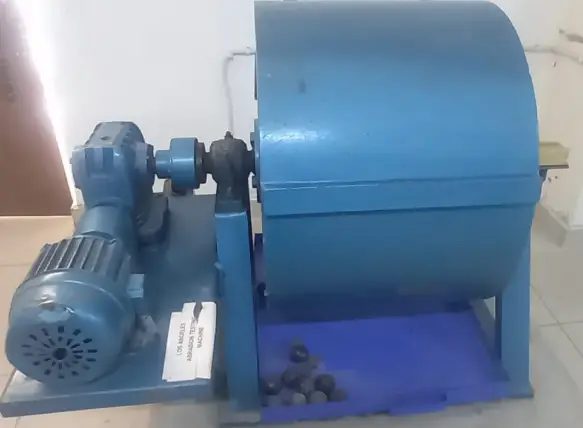
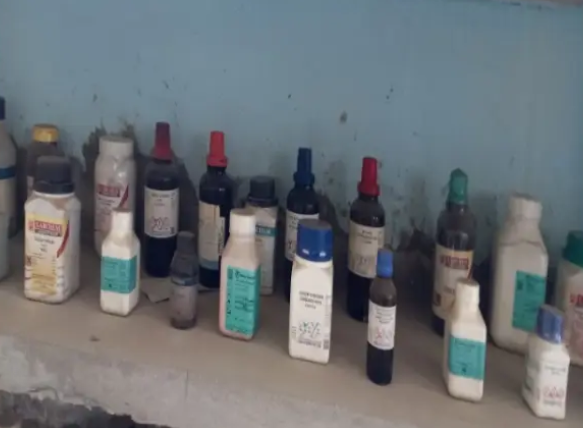
The Environmental Engineering Lab offers students the opportunity to analyze water, wastewater, air, and solid waste samples to understand environmental quality and treatment processes. Equipped with sophisticated instruments for chemical and microbiological analysis, the lab enables students to conduct experiments related to water and air pollution, waste management, and environmental impact assessments. The lab also supports research on sustainable environmental practices and the development of new technologies for pollution control.
The Surveying Lab provides students with the tools and techniques needed to measure and map the physical environment accurately. This lab is equipped with modern surveying instruments such as total stations, theodolites, GPS devices, and digital levels. Students learn to perform topographic surveys, construction staking, and land boundary determination. The hands-on experience in this lab helps students develop essential skills in data collection, analysis, and interpretation for various civil engineering projects.
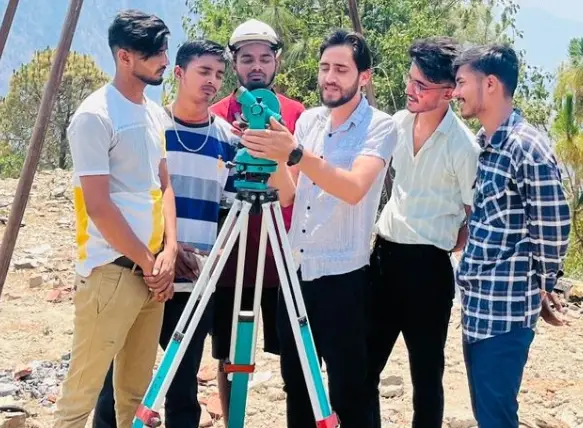
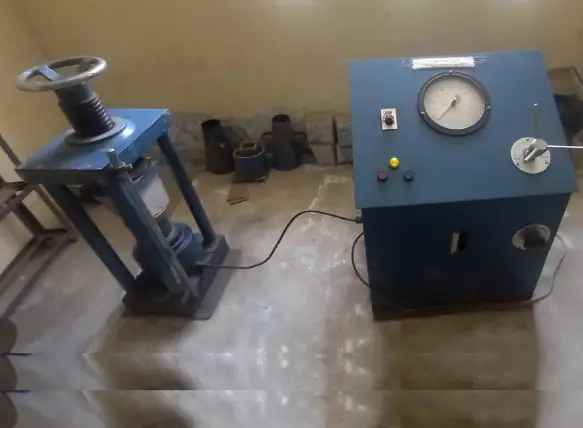
The Concrete Technology lab equipping the students with practical experimentation, analysis, and understanding of various properties and behaviours of concrete mixtures. Students or researchers might conduct mix design experiments to determine the optimal proportions of materials like cement, aggregates, water, and additives to achieve desired concrete properties such as strength, workability, and durability.